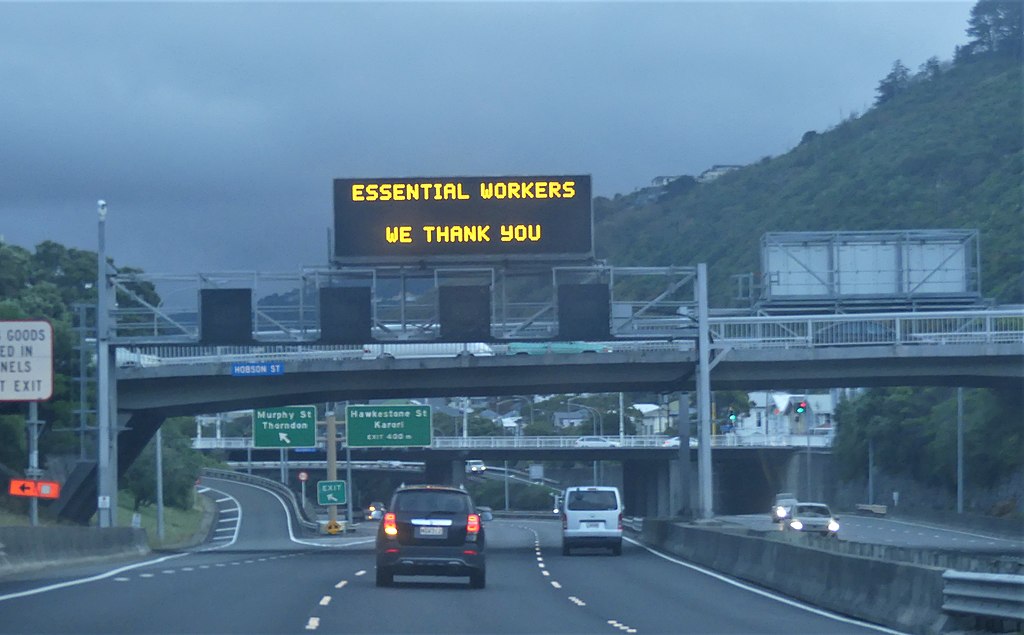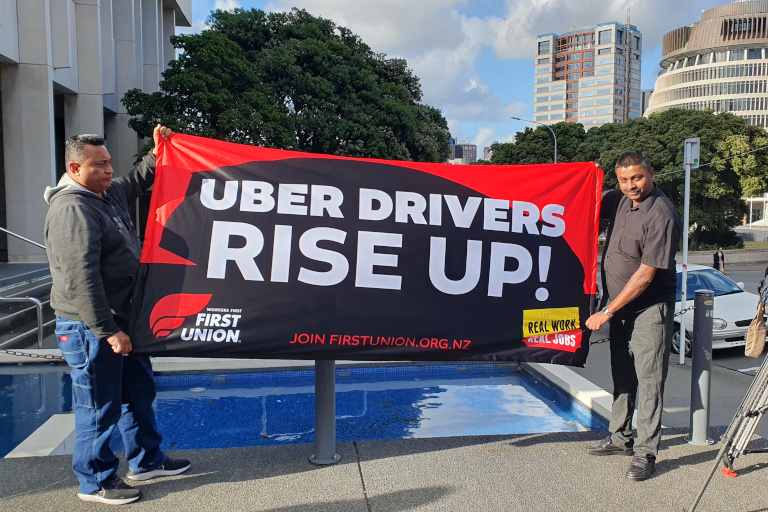Nine years of National rule has left a cruel and brutalising legacy in New Zealand’s criminal justice system. Last year the prison population reached 10,100, an all-time high. The number of people incarcerated has increased by 364 percent in the last 30 years, according to researcher Roger Brooking. The system is racist. Over half of the prison population is Māori, and Māori are more likely to be arrested, prosecuted, and given custodial sentences than non-Māori. National’s changes to the bail laws in 2013 made it much more difficult for those facing trial to get bail, leading to still more people spending time in prison. The situation is stark. According to OECD statistics, as of May 2018 New Zealand has 220 prisoners per 100,000 people, the fifth highest incarceration rate in the developed world.
Two things have got us into this sorry situation. Decades of bipartisan support for neoliberalism resulted in alienation as poverty grew and housing conditions deteriorated. The conditions that drive crime worsened. Secondly, National and Labour, and the mass media giving publicity to the cranks of Garth McVicar’s Sensible Sentencing Trust, indulged in the crudest penal populism until a vicious “tough on crime” rhetoric was normalised. Crimes rates began to drop in the 1990s, but four new prisons were built in the 2000s as the number of people imprisoned continued to rise. The rate for Māori women is especially awful, as Moana Jackson has shown, growing from around 20 percent of the female prison population in the 1980s to 60 percent today. The prisons are overcrowded, humiliating, a source of loneliness and misery to those inside and their families outside, and they generate ongoing social costs, not least more crime.
In this context, Jacinda Ardern and Andrew Little’s commitment to reforming the justice system is to be welcomed. When Andrew Little dismissed the Sensible Sentencing Trust as “callous” in June it indicated a shift in mainstream politics. The damage “tough on crime” policies have done to society – and the amount they cost – is recognised now in mainstream liberal and reformist circles. Andrew Little and Kelvin Davis have both talked about Labour’s commitment to reducing prison numbers, and Little is considering reforms to the bail laws.
All of this should be supported by socialists. But we must not give the government a free pass, either. Right-wing pressure from New Zealand First has already scuppered Little’s plans to scrap the unjust Three Strikes Law. The way this law works is that, for serious offences, on the second conviction a final warning is issued and a full term of imprisonment is served without the possibility of parole. On a third conviction the court must impose the maximum penalty for the offence with no parole. Third convictions are rare, but in 2017 there were 85 final warnings issued.
The government scrapped National’s 2,500-bed plan, but it is still going ahead with redeveloping Waikeria for a net increase of 174 beds. It has also commissioned 976 “rapid build” beds across the prison network. Labour spokespeople have made much of the fact that Waikeria will not be an “American-style” mega-prison, and Green MP Golriz Gharaman welcomed the “human-rights based approach” the plans supposedly espouse. But the facts are otherwise. Half of all cells in the rebuilt prison will be shared, in breach of the United Nations Standard Minimum Rules for the Treatment of Prisoners. Double bunking means prisoners have no privacy, no time to process their day, and can be a source of risk for violence and rape. A prisoner at Spring Hill told the Howard League for Penal Reform that double-bunking was like “a hell on earth”. More than a third of the current prison population is double bunked, and proposed changes to the law could further normalise this, as well as the use of police cells. The Human Rights Commission has criticised these changes for denying prisoners recognised rights.
Davis points to the growing prison population as justification for the rebuild at Waikeria, but there are immediate reforms that could cut numbers drastically. People Against Prisons Aotearoa point out that “Almost a third of people currently in prison are awaiting trial or sentencing and about half of those won’t be sentenced to any time in prison. By repealing the Bail Amendment Act, more than a thousand people could be released.”
The police, courts, and gaols came with colonialism and were part of the process by which capitalism was established on these islands. This is an essential truth, and one that cannot be separate from their current existence. Money spent on gaols could be spent on social services, housing, drug programmes, jobs. Instead it is spent on a form of social control. Moana Jackson argues that:
Most research findings suggest that the high rates are caused by greater levels of socio-economic deprivation and by the large number of so-called dysfunctional families among indigenous communities.
However, Māori and other indigenous peoples aren’t born genetically poor nor collectively dysfunctional. Instead, it has been the dispossession through colonisation that has created the deprivation and that has destroyed the cohesion of once strong family units.
No Māori prisoner can be isolated from the collective costs of that traumatic dispossession. Nor from the racism which underpins it. Yet the criminal justice system, like society itself, shies away from that reality and shies away from even naming its racism.
The acknowledged existence of police discrimination is, for example, renamed as “unconscious bias”, and academics regularly suggest that the word “racist” should not be used in describing the criminal justice system because it is emotive and unhelpful.
This analysis needs to frame our responses to prisons and criminal injustice in the day-to-day struggle. A new prison is not merely a stop-gap measure as the government seeks to bring numbers down. It is a contribution to the system of incarceration that will keep those numbers rising. The Three Strikes Law is not a bargaining chip that Labour has traded with New Zealand First in the game of politics – it is a set of rules directly contributing to the high incarceration rates in this country.
Ongoing advocacy, activism and analysis by groups like JustSpeak, People Against Prisons Aotearoa, and by prisoners and their whānau has put the question of criminal justice reform at the centre of political discussion. That is a huge achievement, and Labour’s announced intentions reflect that shift. But the reactionary forces will do everything in their power to derail, slow down and discredit reform. We cannot let Labour use New Zealand First as an alibi to slow down urgently-needed reform. Labour cannot be trusted to achieve its stated target of reducing the prison population by 30 percent over 15 years, especially when they are still adding to prison bed numbers. Public pressure, protest, and organising remain essential.









